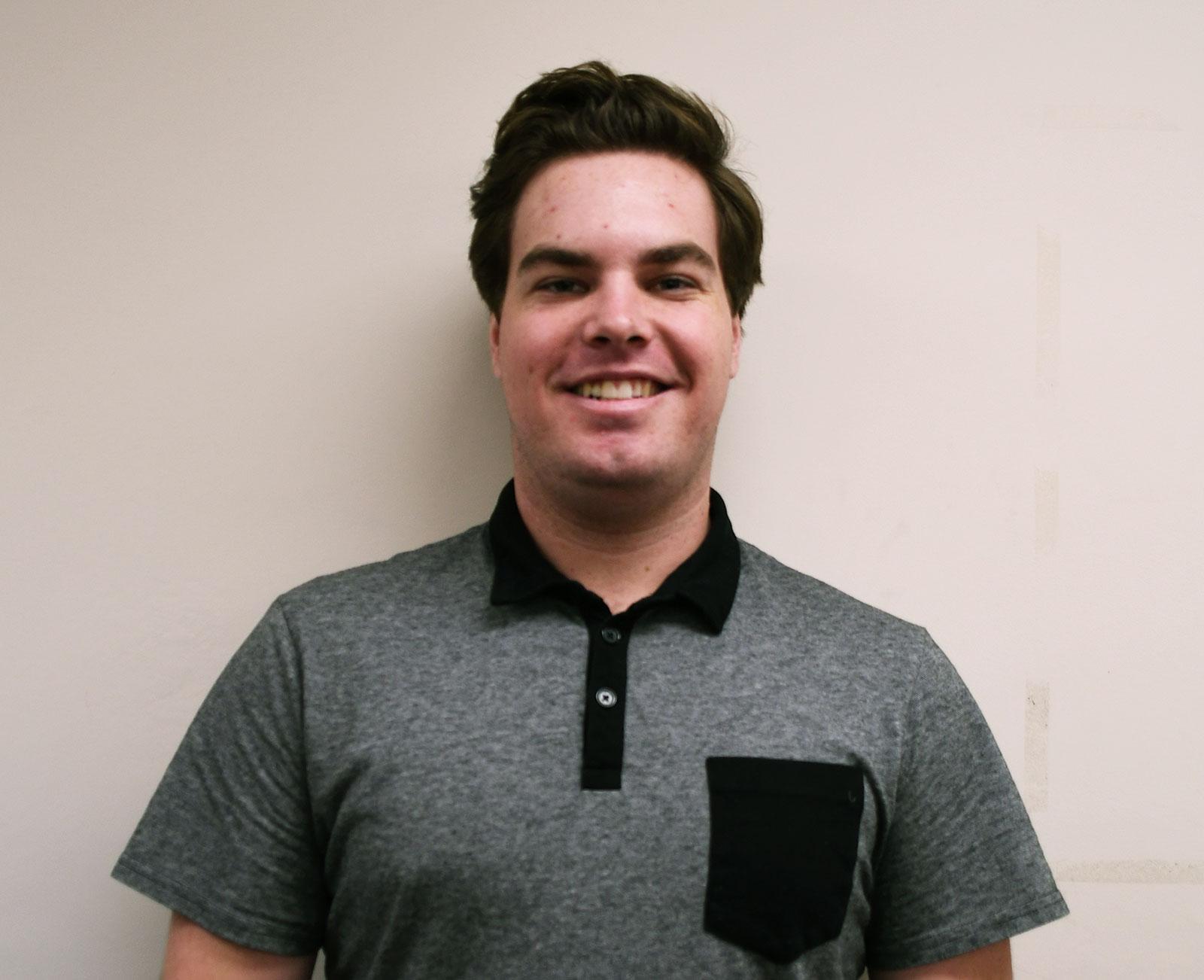Boston University icon Travis Roy died Thursday at the age of 45. Roy died from complications that arose after a recent medical procedure. He had been living as a quadriplegic for the last 25 years.
In the Fall of 1995, Roy was a freshman on Boston University’s storied men’s ice hockey team. Under legendary coach Jack Parker, the program was looking to repeat as national champions.
The 1995-96 squad was riddled with phenomenal players, but Roy still found playing time as a freshman.
In the first home game of the season at Walter Brown Arena, BU hosted North Dakota. Roy’s first collegiate shift saw him race into the offensive zone after the puck.
Roy attempted to deliver a check before crashing awkwardly into the boards head-first. He collapsed onto the ice and laid there motionless. Trainers and staff rushed onto the ice to aid Roy, who was taken to the hospital.
Doctors were able to confirm the horrific news: Roy had cracked his fourth and fifth vertebrae, and was paralyzed from the neck down. He would live the rest of his life confined to a wheelchair.
Roy’s dream was to be a collegiate hockey player for a Division I program. In a heartbreaking twist, he lived that dream for only 11 seconds.
After his accident, Roy was determined to make a positive impact on society. He started the Travis Roy Foundation to raise money and awareness for those affected by spinal injuries. The organization has distributed more than $4.7 million in grants for spinal cord healing research.
Roy stayed in the public’s mind by regularly speaking at events, as well as at high schools and colleges. He also published a book with the help of E.M. Swift of Sports Illustrated. “Eleven Seconds: A Story of Tragedy, Courage, and Triumph” was released in 1998.
His story having touched millions of people, Roy’s legacy of determination should not be so easily forgotten. There are many ways Roy’s alma mater can ensure he stays in the heart of the University.
The hockey program honored Roy with a touching tribute in 1999 when they retired his No. 24 jersey. It is still the only player’s number hanging in the rafters at Agganis Arena. Parker’s No. 6 has also been retired, a wonderful gesture to link the two forever.
Terrier hockey should not retire another number, especially that of a player. Roy’s impact went so far beyond winning the Stanley Cup or being inducted into the Hockey Hall of Fame — his impact on society puts him in a class unto himself.
Every BU hockey game night on Oct. 20 should be dubbed “Travis Roy Night.” A pre-game ceremony should pay tribute to Roy and tell the story of that fateful night. Some portion of ticket sales should go to Roy’s foundation as well.
This would be a fantastic way to not only continue to tell his story, but also make a contribution to this worthy cause.
The University should also create a statue of Roy. While statues for players are often reserved strictly for their on-the-field contributions, it would be a terrific change to focus on what an athlete accomplished away from the rink.
The statue could be of Roy gliding on the ice as a skilled college player, but it could also be of him grinning in his wheelchair. Either rendition would make for a beautiful monument.
Once made, it could be placed inside Walter Brown Arena, where Roy skated during his one shift. It could be in or around Agganis Arena as well, where generations of Terriers will see and learn about his incredible life.
One last thing BU could do is try to make sure every incoming student knows the significance of Roy’s legacy. This would most likely occur during the Matriculation ceremony for first-year students marking their official start at the University. Once everyone in that graduating class is seated for the onset of their BU experience, Roy’s story would be told.
It would be very powerful if every single Terrier knew about Roy. There are many incredible people who have come through this University, but few made a greater impact than he did.
As long as Boston University is an institution, Roy’s legacy should be remembered.






















































































































Brenda Roy • Nov 12, 2020 at 10:21 pm
What a beautiful tribute and suggestions for more. Travis would be humbled, embarrassed, and filled with pride, Chad.
Thank you.